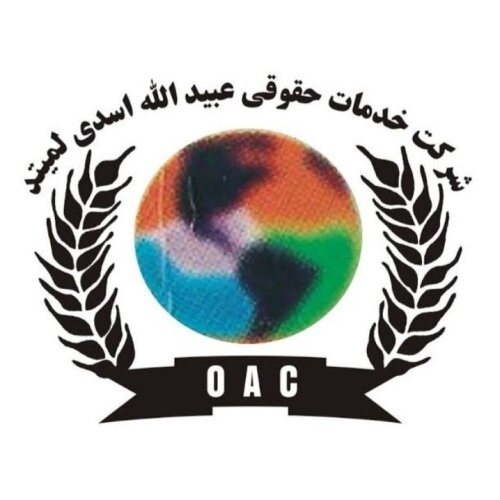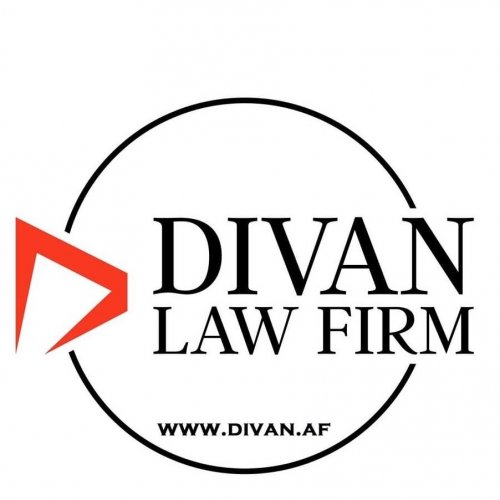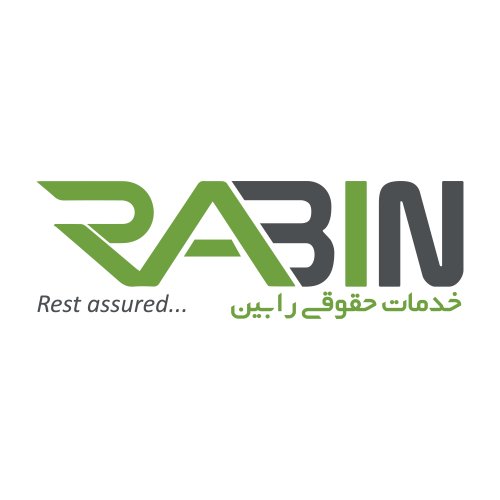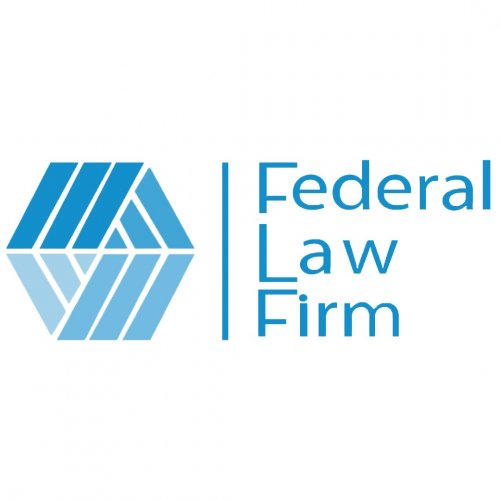Best Art & Cultural Property Law Lawyers in Kabul
Share your needs with us, get contacted by law firms.
Free. Takes 2 min.
List of the best lawyers in Kabul, Afghanistan
About Art & Cultural Property Law in Kabul, Afghanistan
Art & Cultural Property Law in Kabul, Afghanistan, deals with the protection, regulation, and ownership of art and cultural heritage. Given Afghanistan’s rich history and diverse cultures, this field of law plays a crucial role in preserving the nation's cultural assets. The legal framework encompasses various aspects related to the preservation of artworks, historical monuments, artifacts, and traditional crafts, with particular attention to preventing illegal trafficking and ensuring cultural heritage remains protected for future generations.
Why You May Need a Lawyer
Individuals and organizations may require legal assistance in Art & Cultural Property Law for several reasons. Common situations include disputes over the ownership of cultural artifacts, issues related to the export or import of art pieces, and the need to navigate the legal requirements for preserving or restoring monuments. Lawyers can assist in negotiating agreements for exhibitions and advise on the acquisition or sale of art pieces, ensuring compliance with local and international laws. Additionally, if you suspect illegal trafficking or unauthorized reproductions of cultural property, legal guidance is essential.
Local Laws Overview
The legal landscape for Art & Cultural Property in Kabul is influenced by both Afghan law and international conventions. Key aspects include:
- Protection of Cultural Heritage: Afghanistan's cultural heritage is protected under national laws that regulate the preservation, protection, and legal ownership of cultural sites and objects.
- Prohibition of Illegal Trafficking: Laws strictly forbid the unauthorized export and import of historical artifacts, with regulations in place to curb illicit trade.
- Ownership and Restitution: Legal frameworks are established to resolve disputes over the ownership of cultural and artistic pieces, including provisions for restitution of artifacts exported illegally.
- International Agreements: Afghanistan is a signatory to various international treaties, including UNESCO conventions, which influence local laws and practices in the protection of cultural property.
Frequently Asked Questions
What is considered cultural property in Afghanistan?
Cultural property in Afghanistan includes movable and immovable assets with historical, artistic, scientific, or cultural significance. This encompasses artifacts, monuments, manuscripts, and traditional artworks.
Can I legally purchase Afghan artifacts?
Purchasing Afghan artifacts is subject to strict laws. It is advisable to ensure that items have been acquired legally and possess all necessary documentation proving their lawful origins.
What are the penalties for illegal trafficking of cultural property?
Penalties can include severe fines, imprisonment, and confiscation of illicit goods. Engaging in illegal trafficking poses significant legal risks and undermines cultural heritage protection efforts.
Are there protections in place for Afghan artists and their works?
Yes, domestic laws provide protections to ensure that artists can safeguard their work against unauthorized reproduction and exploitation.
How can I protect my art collection during an exhibition?
Legal agreements, such as loan contracts, can provide protection. These documents should outline responsibilities, insurance coverages, and protective measures while the art is on display.
Is it possible to restore damaged cultural properties?
Yes, restoration is possible, but it often requires authorization from relevant authorities to ensure that restoration efforts comply with heritage preservation laws.
What role do international treaties play in cultural property law?
International treaties provide frameworks for cooperation in protecting cultural property, including the return of illicitly exported objects and collaboration in preventing illegal trafficking.
Who is responsible for enforcing cultural property laws in Afghanistan?
The Afghan government, through various ministries and departments, enforces cultural property laws, often working in coordination with international organizations.
Can the ownership of cultural artifacts be disputed in Afghanistan?
Yes, ownership disputes can be legally challenged. The process usually involves providing evidence of legal ownership and may involve court proceedings.
What steps should I take if I suspect cultural property theft?
Contact local authorities, such as the Ministry of Culture and Information, or legal professionals specialized in cultural property law. It is crucial to act promptly to prevent loss and facilitate recovery.
Additional Resources
Several resources are available for individuals seeking assistance in Art & Cultural Property Law:
- Ministry of Information and Culture: A key governmental body responsible for the oversight and protection of cultural heritage.
- UNESCO Country Office: Provides international frameworks and cooperation for cultural property protection.
- Afghanistan Center at Kabul University (ACKU): Offers valuable resources and information on the country's cultural heritage.
Next Steps
If you require legal assistance in Art & Cultural Property Law, it is advised to seek specialized legal counsel. Start by consulting with local lawyers who have expertise in cultural property issues. Verify their experience in handling similar cases and their understanding of both local and international regulations. Additionally, engaging with governmental and international organizations dedicated to cultural heritage can provide further guidance and support in legal matters.
Lawzana helps you find the best lawyers and law firms in Kabul through a curated and pre-screened list of qualified legal professionals. Our platform offers rankings and detailed profiles of attorneys and law firms, allowing you to compare based on practice areas, including Art & Cultural Property Law, experience, and client feedback.
Each profile includes a description of the firm's areas of practice, client reviews, team members and partners, year of establishment, spoken languages, office locations, contact information, social media presence, and any published articles or resources. Most firms on our platform speak English and are experienced in both local and international legal matters.
Get a quote from top-rated law firms in Kabul, Afghanistan — quickly, securely, and without unnecessary hassle.
Disclaimer:
The information provided on this page is for general informational purposes only and does not constitute legal advice. While we strive to ensure the accuracy and relevance of the content, legal information may change over time, and interpretations of the law can vary. You should always consult with a qualified legal professional for advice specific to your situation.
We disclaim all liability for actions taken or not taken based on the content of this page. If you believe any information is incorrect or outdated, please contact us, and we will review and update it where appropriate.












